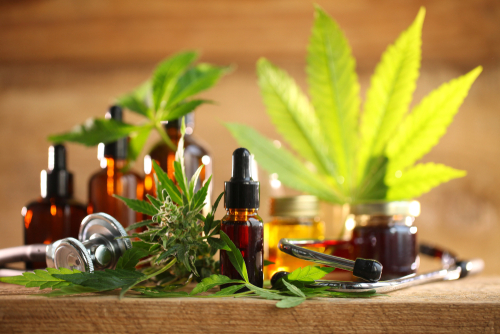
After the US Farm Bill, 2018 that legalized the production, sale, and possession of CBD products (with less than 0.3% THC), more farmers have taken to cultivating CBD hemp. Industrial hemp cultivation is many centuries old but large-scale CBD hemp cultivation has grown popular recently.
In this article, we discuss the common mistakes CBD hemp farmers have to avoid while growing feminized hemp seeds.
Choosing Poor Quality Seeds
Seed selection plays an important role in the yield of hemp crops. Premium seeds are known to have better germination rates and produce plants of higher quality.
The strain of hemp you select is also critical in the crop yield. Collecting all information regarding the crop including the flowering type, sowing dates, cannabinoid content, and harvest time is important for successful hemp farming.
Planting In Nutrient-Deprived Soil
Cannabis plants require a lot of nutrients for their growth. Although the nutrient requirements may vary according to the crop strain, never make the mistake of planting hemp in nutrient-deprived soil.
Ensure that the soil is rich in essential macronutrients like phosphorous, nitrogen, and potassium that supply the plants with enough energy to grow.
Dense soils do not drain properly and hence ensure that the soils on which you grow hemp are light and airy. A light soil texture promotes proper water drainage and ensures proper oxygen supply in the soil.
Underfeeding Or Overfeeding The Plants
Due to the high sensitivity of cannabis plants to the nutrients in the soil, underfeeding or overfeeding has a significant adverse impact on crop yield. Do some research on the right amount of nutrients your hemp strain requires and follow the feeding schedule consistently.
It is wrong to assume that adding more fertilizer makes a positive impact on your crop health. Always go for the right amount of fertilizer, not less, not more.
Ignoring The Signs Of Wrong Soil pH
Incorrect soil pH can affect crop health, and you can detect this by observing many signs. But it takes some experience to be able to do so.
Learn the pH requirements of your crop and get the soil tested for its pH. In case some changes are required to reach the optimum pH level, use some natural remedies to adjust soil pH. Aluminum sulfate or sulfur can lower the soil pH while lime or wood ash can increase the soil pH.
Scientific farming practices coupled with knowledge acquired from experience makes significant contributions to the productivity of hemp.

